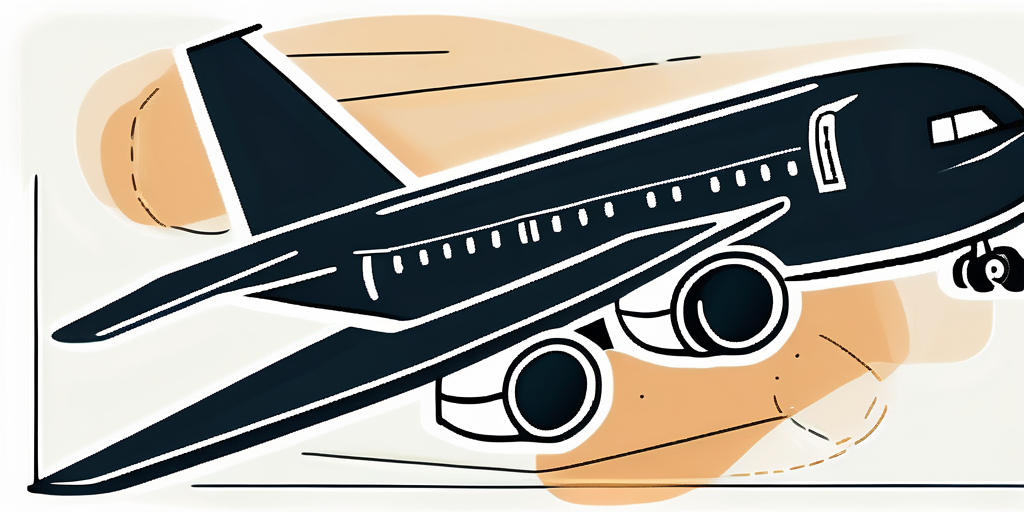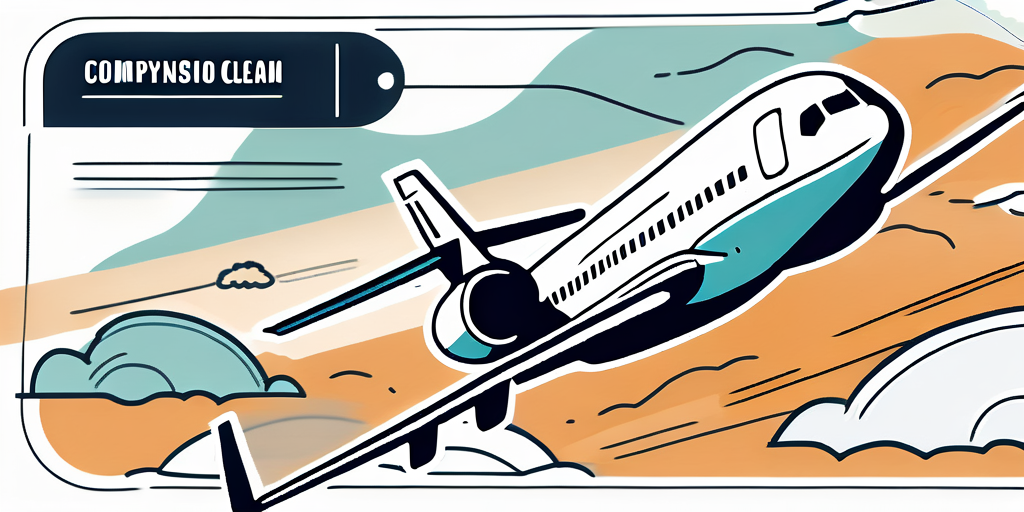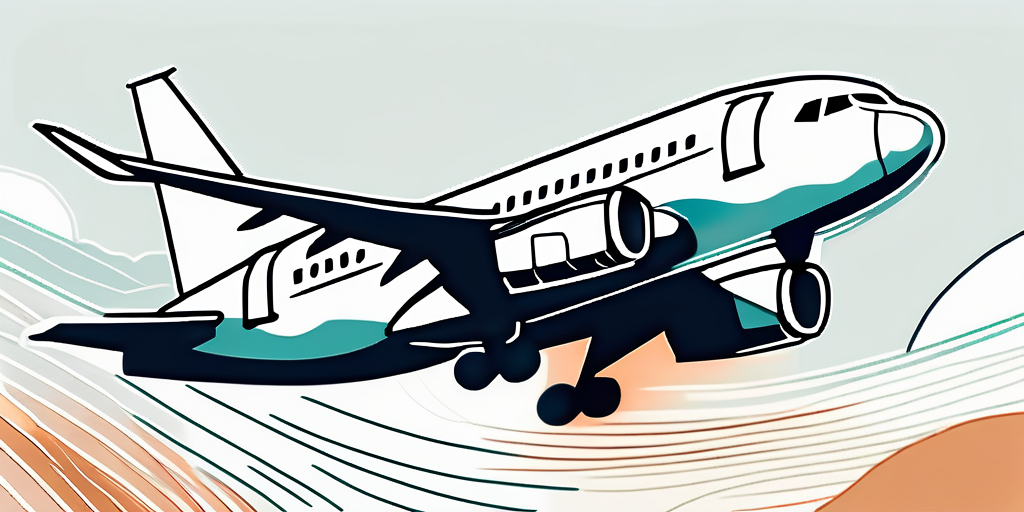Flight Compensation: Understanding Extraordinary Circumstances
Learn about flight compensation attributed to extraordinary circumstances. Understand your rights and how to handle the situation as a passenger.
In the fast-paced world of air travel, delays, cancellations, and other disruptions are unavoidable. When these situations arise, passengers often find themselves wondering if they are entitled to compensation. Understanding flight compensation and the concept of extraordinary circumstances is paramount. This article aims to shed light on these matters and provide valuable insights for travelers seeking compensation.
Defining Flight Compensation
Flight compensation refers to monetary or non-monetary benefits provided to passengers in cases of flight disruptions. These disruptions can include flight delays, cancellations, denied boarding, or missed connections. The purpose of compensation is to alleviate the inconvenience caused to passengers and ensure their rights are protected.
 Passengers facing flight disruptions often find themselves navigating a complex web of regulations and policies to understand their entitlements. It is essential for travelers to be aware of their rights and the avenues available for seeking compensation in such situations. While the process may seem daunting, being informed can empower passengers to advocate for themselves effectively.
Passengers facing flight disruptions often find themselves navigating a complex web of regulations and policies to understand their entitlements. It is essential for travelers to be aware of their rights and the avenues available for seeking compensation in such situations. While the process may seem daunting, being informed can empower passengers to advocate for themselves effectively.
The Basics of Flight Compensation
Flight compensation is primarily governed by various regulations and legislations, both at the national and international levels. These regulations outline the passengers' rights and the obligations of airlines in compensating travelers for flight disruptions. It is crucial to familiarize oneself with these regulations to understand the options available for seeking compensation.
Understanding the nuances of flight compensation can be challenging, especially with the differences in regulations across jurisdictions. For example, the compensation criteria in the European Union may differ from those in North America. This diversity underscores the importance of staying informed and seeking guidance when dealing with flight-related issues.
Legal Framework for Flight Compensation
The legal framework for flight compensation varies from country to country, but the most prominent legislation in this area is the European Union Regulation (EC) No 261/2004. This regulation sets out the rights of passengers and the obligations of airlines when flights are disrupted within the European Union. It covers various situations such as flight delays, cancellations, denied boarding, and downgrading.
Additionally, other countries and regions, such as the United States and Canada, have their own air passenger rights regulations that provide similar protections for travelers. Navigating these regulations can be complex, requiring a thorough understanding of the specific provisions that apply to different scenarios. As such, passengers are encouraged to familiarize themselves with the relevant laws and seek assistance when needed to ensure their rights are upheld.
Extraordinary Circumstances in Air Travel
Extraordinary circumstances play a crucial role in determining whether passengers are entitled to compensation for flight disruptions. These are exceptional events that are beyond the control of the airline and not reasonably foreseeable.
Understanding the intricacies of extraordinary circumstances in air travel is essential for both passengers and airlines. It helps establish the boundaries within which compensation and assistance can be provided, ensuring a fair and transparent process for all parties involved.
What Constitutes Extraordinary Circumstances?
Extraordinary circumstances encompass a wide range of events, including natural disasters, severe weather conditions, political unrest, security risks, air traffic control restrictions, and strikes. These events are considered outside the control of the airline and are seen as unavoidable obstacles to the normal operation of flights.
Moreover, the classification of an event as extraordinary is not always straightforward and may require a case-by-case analysis. Factors such as the timing, severity, and impact on flight operations are taken into consideration to determine the eligibility of passengers for compensation or assistance.
Common Extraordinary Circumstances in Aviation
Common examples of extraordinary circumstances in aviation include volcanic eruptions, extreme weather events, acts of terrorism, pandemics, and air traffic control restrictions due to medical emergencies or security threats. These events can have a significant impact on flight schedules and operations.
It is important for airlines to have robust contingency plans in place to mitigate the effects of extraordinary circumstances on their operations. By proactively addressing potential risks and disruptions, airlines can minimize the impact on passengers and maintain a high level of service reliability.
How Extraordinary Circumstances Affect Flight Compensation
Extraordinary circumstances have a substantial influence on the availability of flight compensation. While passengers are generally entitled to compensation for flight disruptions caused by the airline's operational failures, compensation may not be applicable in cases of extraordinary circumstances.
 Understanding what constitutes extraordinary circumstances is crucial in determining the availability of compensation for flight disruptions. Examples of extraordinary circumstances include severe weather conditions, political unrest, security risks, air traffic control restrictions, and strikes that affect the airline industry. These events are considered beyond the airline's control and are deemed unavoidable.
Understanding what constitutes extraordinary circumstances is crucial in determining the availability of compensation for flight disruptions. Examples of extraordinary circumstances include severe weather conditions, political unrest, security risks, air traffic control restrictions, and strikes that affect the airline industry. These events are considered beyond the airline's control and are deemed unavoidable.
Impact on Passenger Rights
When flight disruptions occur due to extraordinary circumstances, the passengers' rights to compensation may be limited or even waived. This is because these events are classified as unforeseeable and unavoidable, relieving the airline from the obligation to provide compensation.
Passengers affected by flight delays or cancellations due to extraordinary circumstances may still have rights to assistance, such as meals, refreshments, accommodation, and communication. These rights are outlined in passenger protection regulations to ensure that travelers are taken care of during unexpected situations.
Calculating Compensation in Extraordinary Circumstances
In situations where compensation is applicable, the amount of compensation can vary depending on the distance of the flight and the length of the delay. These calculations are outlined in the relevant regulations and may differ between jurisdictions. It is important to consult the applicable laws or seek legal advice to understand the compensation entitlement in extraordinary circumstances.
Passengers seeking compensation in cases of extraordinary circumstances should gather all relevant documentation, such as flight tickets, boarding passes, and any communication received from the airline regarding the disruption. Providing clear evidence of the circumstances surrounding the flight disruption will strengthen the passenger's claim for compensation.
Navigating Flight Compensation Claims
When faced with flight disruptions, passengers often encounter challenges in claiming their rightful compensation. However, with the right knowledge and understanding, navigating the claims process can be made more manageable.
Flight compensation claims can vary depending on the nature of the disruption. Common reasons for compensation include flight delays, cancellations, denied boarding, or downgrading of seats. Each situation may have specific requirements and eligibility criteria that passengers need to be aware of when making a claim.
Steps to Claim Flight Compensation
When seeking flight compensation, it is crucial to follow the correct procedures. Passengers should keep all relevant documentation, such as boarding passes, tickets, and any correspondence with the airline. Additionally, passengers should submit a formal complaint to the airline, outlining the details of the disrupted flight and the compensation sought. If the airline fails to respond or denies the claim, further steps may involve escalating the matter to regulatory bodies or seeking legal assistance.
It's essential for passengers to be aware of their rights regarding flight compensation. Different countries and regions have varying regulations and laws governing passenger rights in cases of flight disruptions. Understanding these rights can empower passengers to navigate the claims process more effectively and ensure they receive the compensation they are entitled to.
Dealing with Rejections and Appeals
In some cases, airlines may reject compensation claims based on arguments of extraordinary circumstances. If passengers believe that their claim is valid despite the airline's rejection, they have the option to appeal the decision. This can involve providing additional evidence or seeking legal recourse to enforce their rights.
Passengers should also be cautious of potential scams or fraudulent companies offering to handle their compensation claims for a fee. It is important to verify the legitimacy of any third-party service before engaging with them to avoid falling victim to scams or losing out on rightful compensation.
Protecting Your Rights as a Passenger
Passengers can take various steps to protect their rights and ensure they are treated fairly when facing flight disruptions.
 Traveling by air can be an exciting experience, but it's essential for passengers to be aware of their rights in case of any unexpected disruptions. From flight delays to cancellations, knowing how to navigate these situations can make a significant difference in ensuring a smooth travel experience.
Traveling by air can be an exciting experience, but it's essential for passengers to be aware of their rights in case of any unexpected disruptions. From flight delays to cancellations, knowing how to navigate these situations can make a significant difference in ensuring a smooth travel experience.
Understanding Your Entitlements
One of the primary ways to protect passenger rights is to educate oneself about the rights and regulations governing flight compensation. By being aware of entitlements and knowing what to expect in different situations, passengers can confidently assert their rights and seek appropriate compensation for flight disruptions.
Passengers should familiarize themselves with the Montreal Convention, which outlines the rights of air passengers in cases of flight delays, cancellations, and denied boarding. Understanding these regulations can empower passengers to advocate for themselves effectively when faced with unforeseen circumstances.
Seeking Legal Assistance for Flight Compensation Claims
In complex cases or when faced with resistance from the airline, passengers may opt to seek legal assistance for their flight compensation claims. Legal professionals specializing in aviation law can provide valuable guidance and support, ensuring that passengers' rights are upheld and appropriate compensation is pursued.
Legal experts can assist passengers in understanding the intricacies of aviation law and help them navigate the claims process with confidence. From assessing the validity of a claim to representing passengers in negotiations with airlines, legal assistance can be instrumental in ensuring that passengers receive fair treatment and compensation.
In conclusion, understanding flight compensation and the impact of extraordinary circumstances is essential for air travelers. By familiarizing themselves with the legal framework, passengers can navigate the claims process confidently and seek the compensation they are entitled to. Protecting one's rights as a passenger involves staying informed and being proactive in asserting those rights when flight disruptions occur.
Ready to Claim Your Flight Compensation?
If you've experienced a flight disruption and believe you're entitled to compensation, ClaimCompass is here to help. Our expertise in EU Regulation 261/2004 enables us to determine your eligibility for a claim and assist you in securing up to 600€ for your inconvenience. Don't worry about the hassle of dealing with the airlines; we'll handle your claim from start to finish, including court proceedings if necessary. Use our free compensation calculator to check your eligibility and let us take care of the rest. Remember, our service is risk-free: you pay nothing unless we succeed in collecting your compensation. Submit a claim today and assert your air passenger rights with ClaimCompass by your side.
